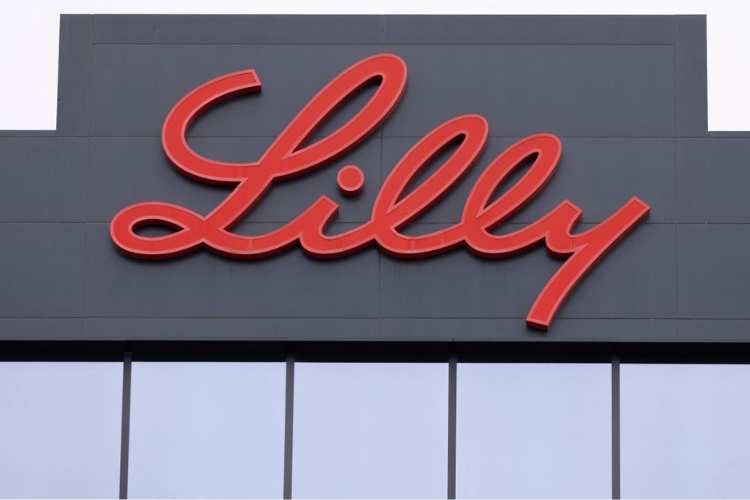A federal judge in Massachusetts has ruled in favor of Eli Lilly, overturning a $176.5 million jury verdict issued in November of the previous year. This verdict had been awarded to Teva Pharmaceuticals in a patent dispute concerning their competing migraine medications.
Both drugs, approved by the FDA within a span of 13 days in September 2018, share a similar mechanism of action by inhibiting calcitonin gene-related peptides (CGRPs), known for causing migraine headaches.
In the recent ruling, Judge Allison Burroughs concurred with Lilly’s argument that Emgality’s antibody differed from Ajovy’s rival antibody and that Teva had overreached by attempting to patent an entire class of drugs.
Also Read: Teva Wins License To Launch Generic Vivitrol In 2027 After Patent Settlement With Alkermes
“Even when considering the evidence in the most favorable light to the verdict, the asserted claims are broad,” wrote Burroughs in her decision.
Simultaneously, a US Patent and Trademark Office appeal board also sided with Lilly, invalidating two of Teva’s patents.
The legal dispute dates back to 2018 when Teva alleged that Lilly had infringed upon nine of its patents in the development of Emgality, a migraine treatment. Teva filed two lawsuits to prevent Emgality from entering the market.
In November 2022, Teva secured a victory when a Boston federal jury ordered Eli Lilly to pay $176.5 million for infringing on three patents. However, this verdict has now been nullified. Since both drugs entered the market, Emgality has experienced greater success.
Also Read: Cabometyx Patent Battle Is Resolved By Exelixis And Teva With A 2031 Generic License
Emgality generated $651 million in revenue in the previous year, surpassing Ajovy’s $342 million. Initially approved for migraine prevention, Lilly expanded Emgality’s scope in 2019 with FDA approval for treating episodic cluster headaches.
Amgen also introduced its CGRP migraine drug, Aimovig, to the market in 2018, achieving $414 million in sales in the preceding year. However, all injected treatments face competition from new oral migraine therapies, including Pfizer’s Nurtec, which reported sales of $414 million in the first half of the current year, and AbbVie’s duo of Qulipta and Ubrelvy, with combined sales totaling $505 million in the first two quarters.





























